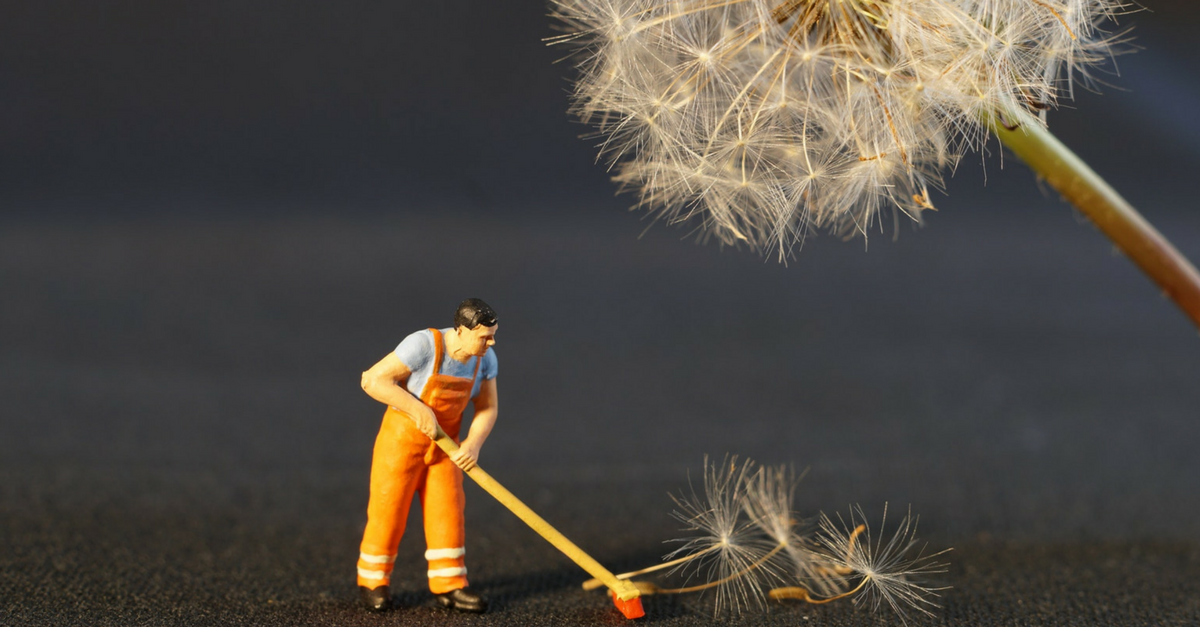We live in the world wherein we are easily attracted with the latest gadgets, the most popular shoes or the most expensive clothes. We have to impress our friends with the things we’ve got by putting them in our social media accounts. This era had given us a concept of living a rich man’s life. Since we want to fit in with the social standards of what one should be, we try to emulate everything we see even if it is beyond our means. We may look richer but in actuality, we are not.
That is what is going on especially in the Philippines. The Filipino mall culture, consumerism, and love for celebrations is a reflection that we’d rather focus on the present than the long-term consequences of our actions. That is why the Philippines has one of the lowest savings rates in Southeast Asia. According to a Bangko Sentral ng Pilipinas survey in 2014, only 1 in 4 Filipino households has savings.
Delay of gratification, the act of resisting an impulse to take an immediately available reward in the hope of obtaining a more-valued reward in the future.
I am not saying that we should always scrimp, never splurge. Everyone wants the good stuff, right? It is completely fine to indulge once in a while. It motivates us to continue with the strenuous work of the everyday life. But it is also important to look at the bigger picture – a supposedly bright future which can only be achieved through frugality.
For me, it is better to make the necessary sacrifices now than rewarding ourselves with the little things all the time and have nothing in the end.
Never give up what you want most for what you want today.
Neal Maxwell
But in an environment that seems to normalize excessive consumption, it is easier said than done. This factor plays a huge role in how Filipinos deal with gratification. Our media focuses more on advertising fast-moving consumer goods and luxurious products and/or services than on investment instruments. In this situation, it is easier to assume that self-control is impossible. It is not. We can cultivate self-control in our everyday lives. It just takes time, effort and lots of patience. As Walter Mischel, the psychologist behind the Stanford Marshmallow Experiment said,
We don’t have to be victims of our biology, genes, or circumstances. People can learn self-control strategies and become active agents in determining how their lives play out.
Hopefully, we would be able to realize the significance of delaying gratification. And we would make the necessary actions for a better and more secure future.
To learn more about delayed gratification, its benefits and the strategies to make it part of the everyday life, please check:
- Mastering Delayed Gratification Is The Key To Financial Success by Business Insider
- The Benefits of Delaying Gratification by Psychology Today
- Delayed Gratification: A Scientific Perspective on Self-Control by Positive Psychology Program
You may also watch this short talk by Joachim de Posada, a motivational speaker, best known as co-author of the book Don’t Eat the Marshmallow…Yet:
